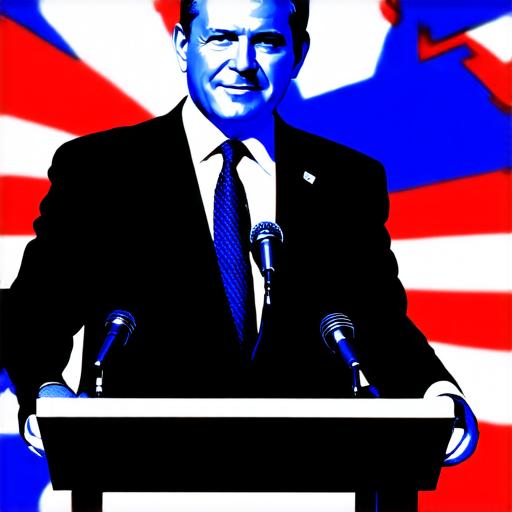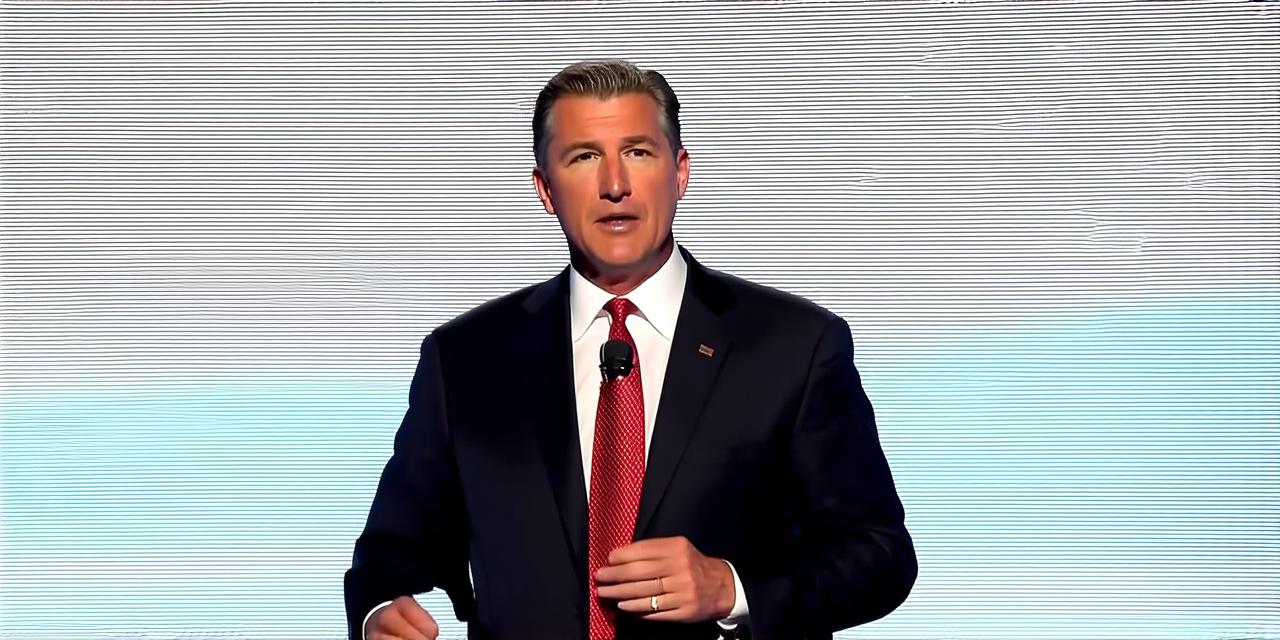As the 2022 election season approaches, political enthusiasts are eagerly awaiting the upcoming Republican debates. These events provide an opportunity for candidates to showcase their platform and connect with voters. But who will be hosting these important discussions? In this article, we’ll explore the various hosts who have been involved in past Republican debates and what makes them stand out.
CNN’s Chris Cuomo
One of the most well-known hosts of a Republican debate is
CNN’s Chris Cuomo
. As the primetime anchor of CNN’s flagship news program, “Cuomo Prime Time,” Cuomo has interviewed numerous politicians and pundits on a wide range of topics. He is known for his confrontational style and his willingness to challenge guests on their views.
In the 2016 Republican presidential primary debates, Cuomo was one of the moderators who faced criticism for being too tough on Donald Trump. However, he has since become a respected figure in the political world and is often cited as an influential voice on television.
Fox News’ Megyn Kelly
Another highly respected host of a Republican debate is
Fox News’ Megyn Kelly
. As one of the network’s top anchors, Kelly has interviewed numerous politicians and pundits on a wide range of topics. She is known for her tough questioning style and her ability to get candidates to discuss controversial issues head-on.
In the 2016 Republican presidential primary debates, Kelly faced criticism from Donald Trump for being too “aggressive” in her questions. However, she has since become a respected figure in the political world and is often cited as an influential voice on television.
MSNBC’s Chris Matthews
A third host of Republican debates is
MSNBC’s Chris Matthews
. As one of the network’s top political analysts, Matthews has covered numerous presidential campaigns and elections over the years. He is known for his insightful commentary and his ability to connect political events to larger historical trends.
In the 2016 Republican primary debates, Matthews faced criticism from Donald Trump for being too “biased” in his questions. However, he has since become a respected figure in the political world and is often cited as an influential voice on television.
C-SPAN’s John King

Finally,
C-SPAN’s John King
is another highly respected host of Republican debates. As one of the network’s top anchors, King has interviewed numerous politicians and pundits on a wide range of topics. He is known for his in-depth reporting and his ability to provide context to political events.
In the 2016 Republican primary debates, King faced criticism from Donald Trump for being too “unfair” in his questioning. However, he has since become a respected figure in the political world and is often cited as an influential voice on television.
Comparing the Hosts
While each of these hosts has their own unique style and approach to moderating Republican debates, they all share certain key characteristics that make them effective. These include:
- A willingness to challenge candidates on their views
- An ability to connect political events to larger historical trends
- A deep understanding of the issues at stake in each debate
By looking at these characteristics, we can see that each host brings a unique perspective to the table. Cuomo is known for his confrontational style, while Kelly is known for her tough questioning. Matthews is known for his insightful commentary, and King is known for his in-depth reporting.
FAQs
Who has hosted the most Republican debates?
There isn’t a definitive answer to this question, as different hosts have moderated different debates over the years. However,
CNN’s Chris Cuomo
and
Fox News’ Megyn Kelly
are both highly respected hosts who have moderated numerous debates in the past.
What makes a good host of a Republican debate?
A good host of a Republican debate should have a deep understanding of the issues at stake, be able to connect political events to larger historical trends, and be willing to challenge candidates on their views. They should also be impartial and unbiased in their questioning.
